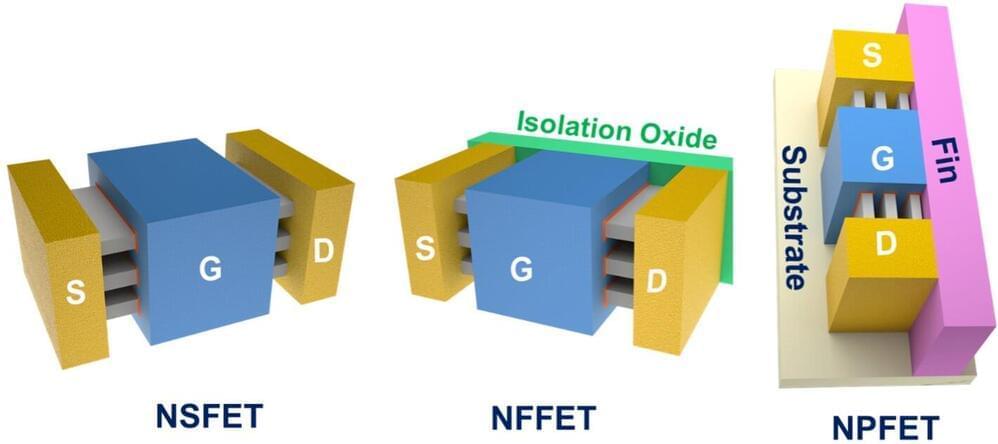The operation and performance of quantum computers relies on the ability to realize and control entanglement between multiple qubits. Yet entanglement between many qubits is inherently susceptible to noise and imperfections in quantum gates.
In recent years, quantum physicists and engineers worldwide have thus been trying to develop more robust protocols to realize and control entanglement. To be most effective for real-world applications, these approaches should reliably support long-range entanglement, or in other words ensure that qubits remain entangled even when they are separated by large distances.
Researchers at IBM Quantum, University of Cologne and Harvard University set out to demonstrate one of these protocols in an experimental setting.
